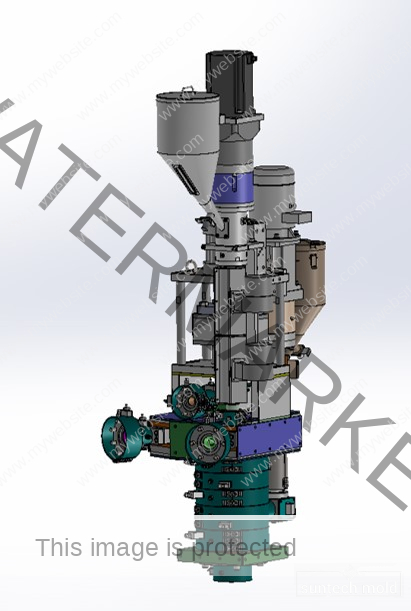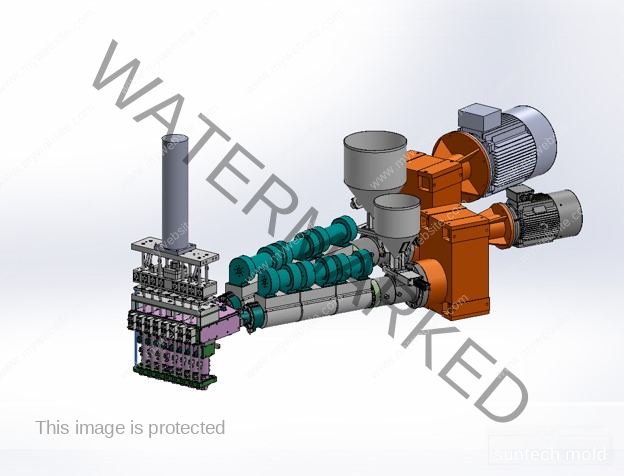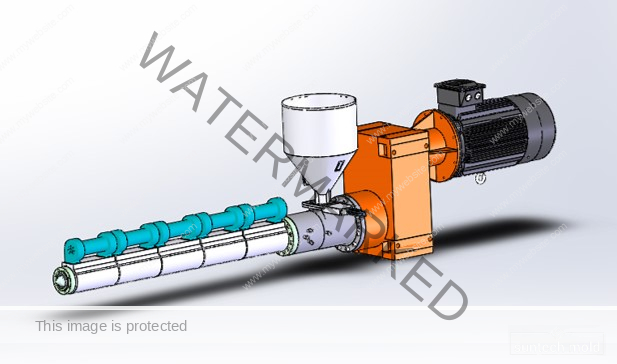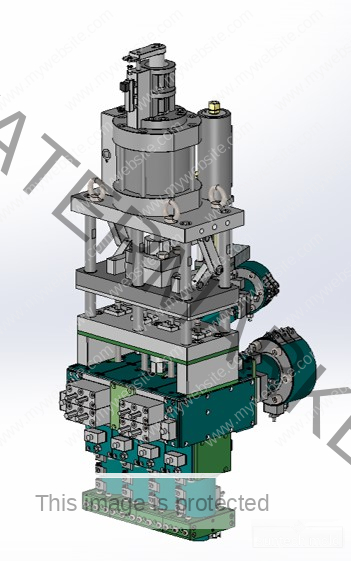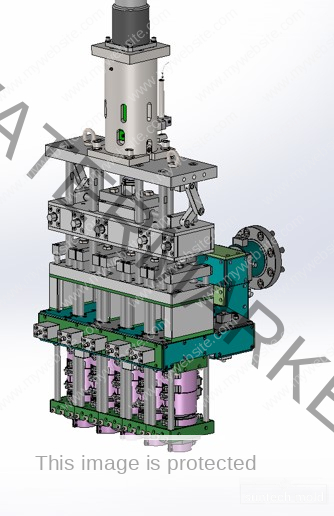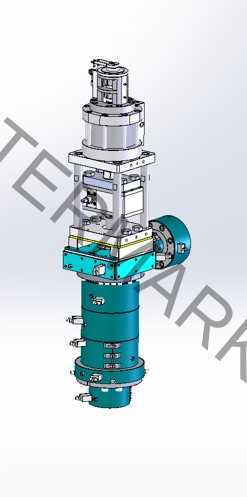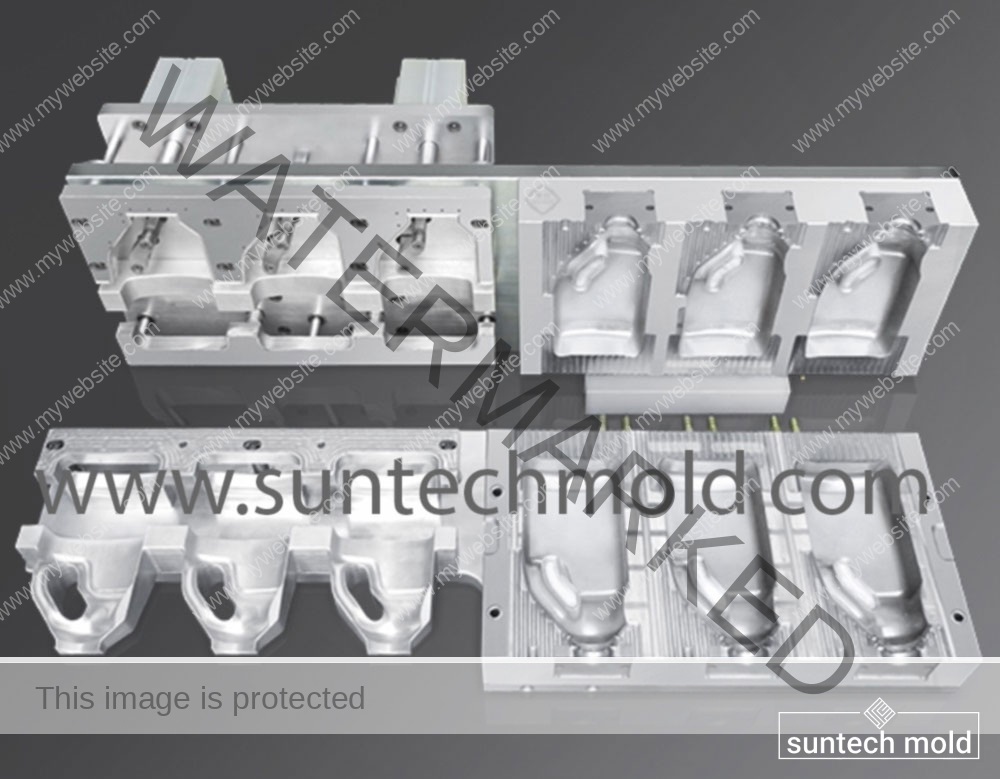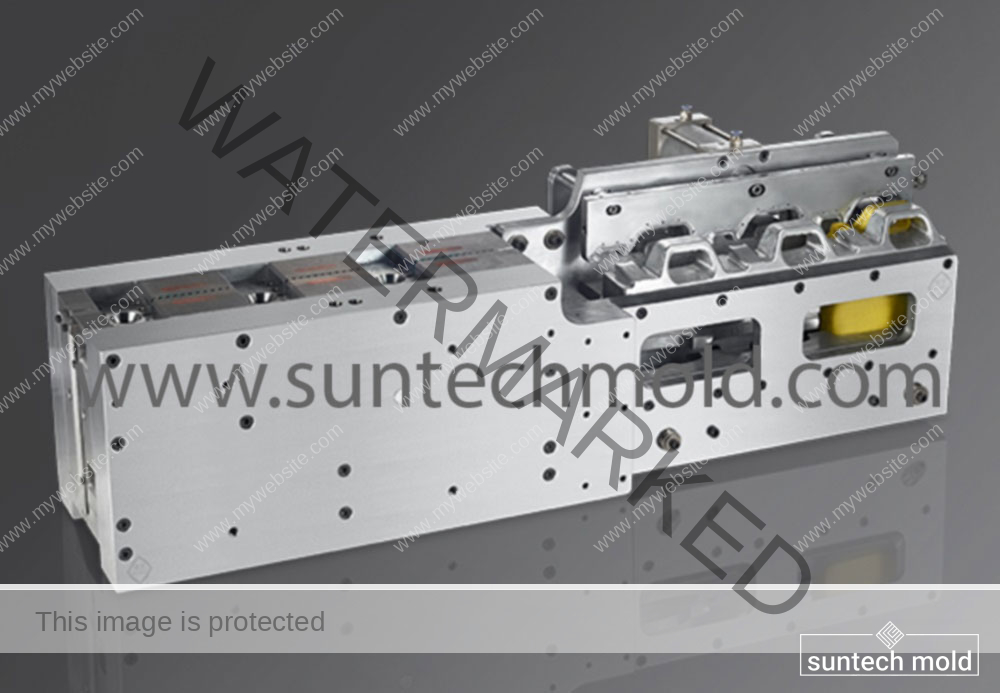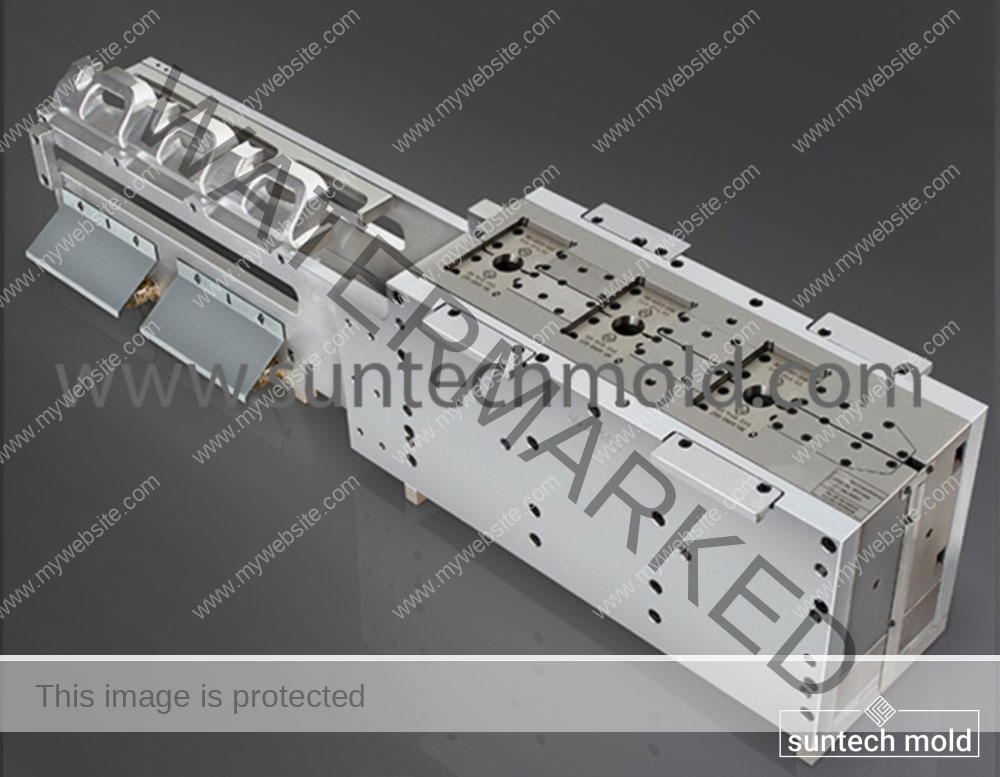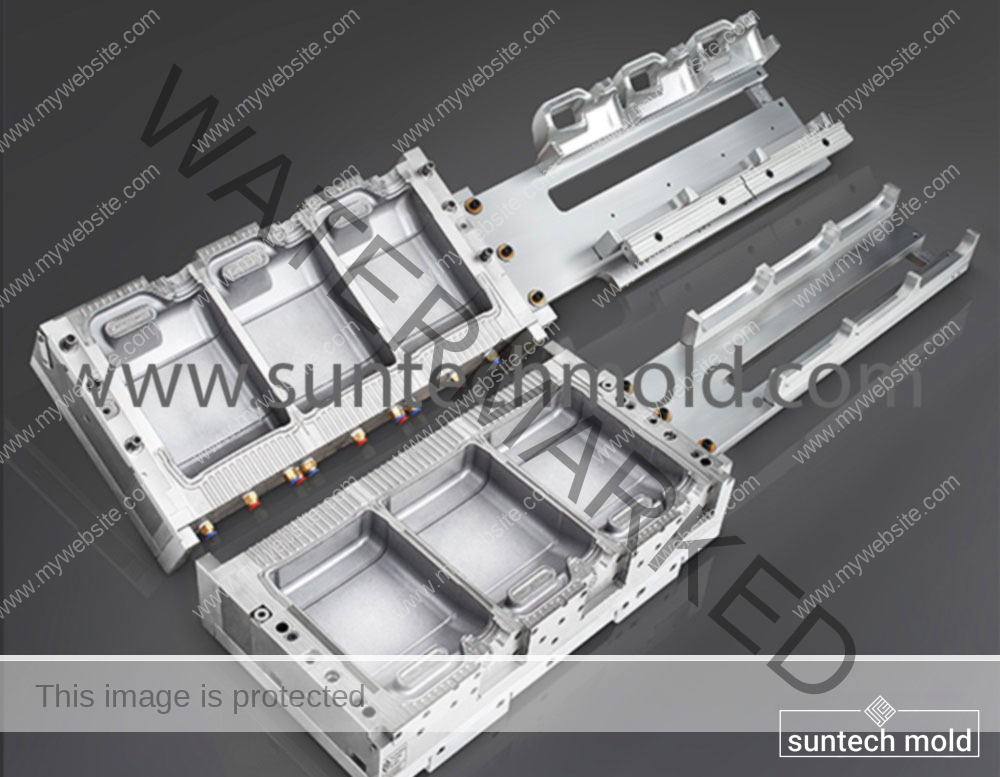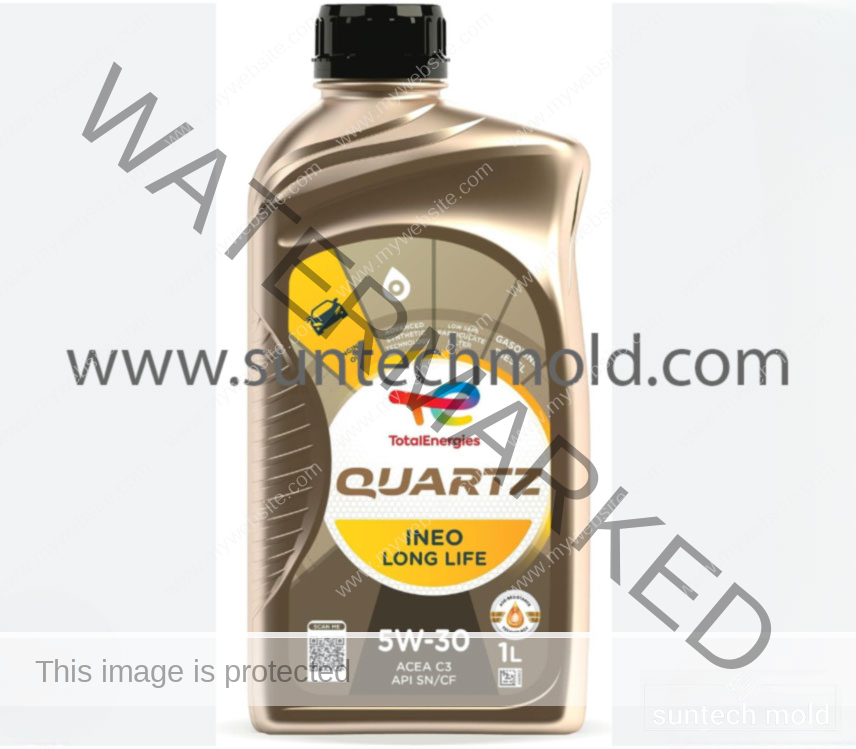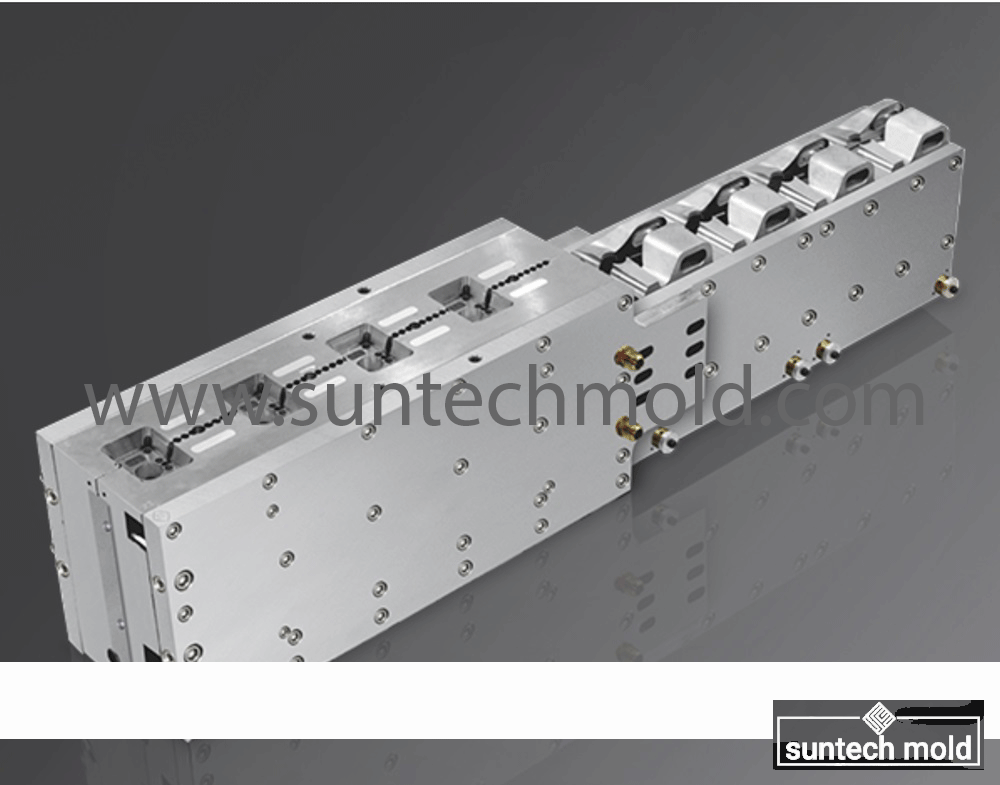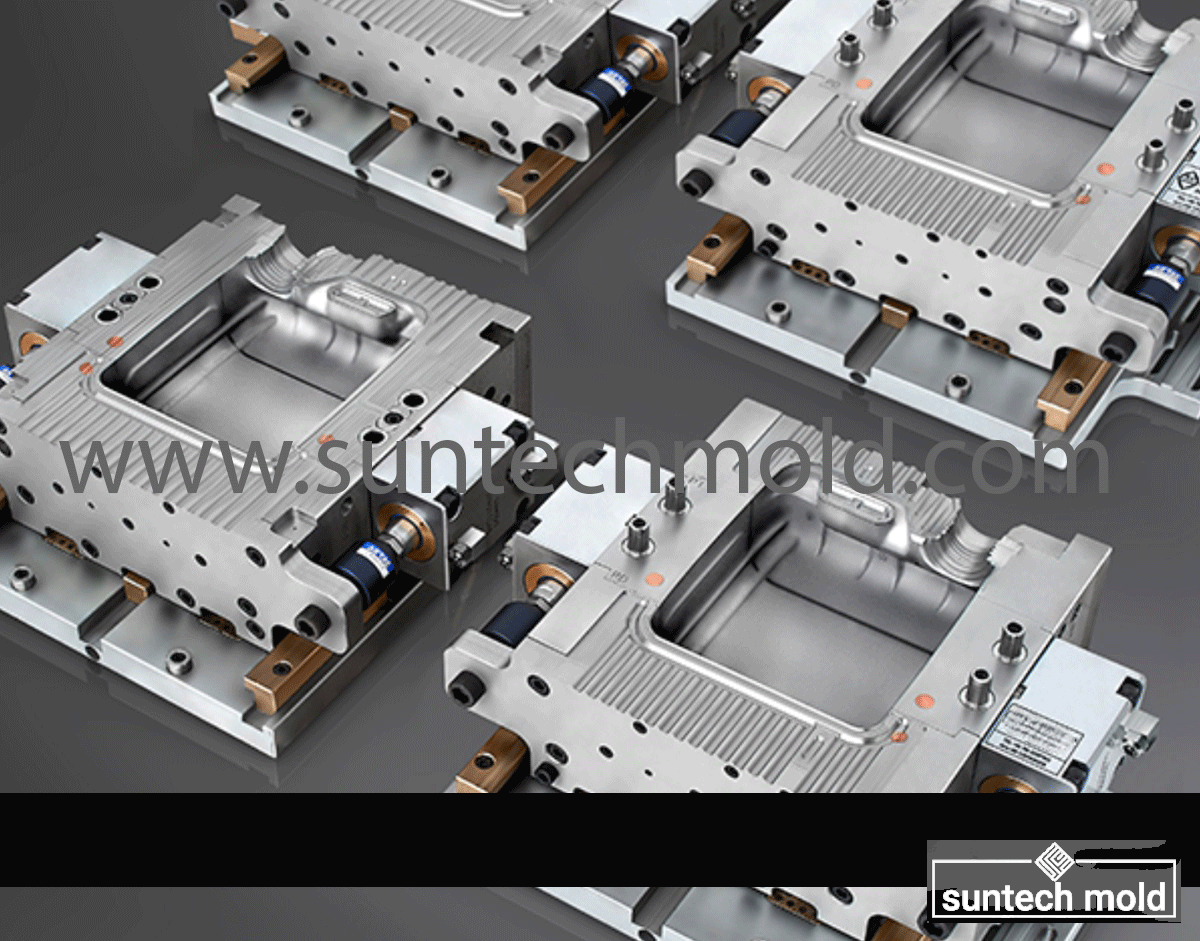3 Cavities 1L Detergent Mold – Built for Durability, Precision, and High Output
Selecting the right mold for bottle production is crucial for manufacturing success. Our 3 cavities 1L detergent mold is engineered to deliver maximum output, precision, and reliability. Designed specifically for the detergent and household chemical packaging industry, this mold offers an ideal solution for businesses aiming to scale production while maintaining top-tier quality.
Why Choose the 3 Cavities 1L Detergent Mold?
When producing 1-liter detergent bottles, consistency and speed matter. This mold offers three high-precision cavities, enabling you to produce multiple units per cycle without sacrificing the integrity of the final product.
Key Benefits:
-
Three synchronized cavities for efficient, high-volume output
-
Engineered for blow molding machines with HDPE, PET, or PE compatibility
-
Smooth surface finishes and precise neck dimensions
-
Optimized for fast cooling and short cycle times
-
Long-lasting materials for extended operational life
With optimized geometry and material selection, this mold ensures durability while reducing production costs over time.
Material Selection Matters in Mold Construction
Choosing the right material for your mold directly impacts its performance, longevity, and maintenance needs. Our 3 cavities 1L detergent mold is crafted using only high-performance materials tailored to each production need.
Tool Steel for Strength and Endurance
Tool steels are widely used in mold-making due to their exceptional hardness and thermal resistance.
Best Options Include:
-
H13 Steel: Known for its excellent toughness, wear resistance, and ability to withstand thermal stress. Ideal for continuous production.
-
P20 Steel: A cost-effective option offering good machinability, perfect for moderate production volumes.
Tool steel molds provide strong resistance to cracking and deformation, even under high pressure.
Lightweight and Efficient: Aluminum Alloys
Aluminum molds are ideal for faster production setups and offer excellent thermal conductivity.
Preferred Aluminum Grades:
-
6061 Aluminum: Offers ease of machining, good strength, and efficient heat transfer. Suitable for prototyping or small-to-mid volume production.
-
7075 Aluminum: A more robust alternative to 6061, used when strength is critical without adding significant weight.
Aluminum molds are especially beneficial when fast cooling and short cycle times are priorities.
Stainless Steel: Corrosion-Resistant and Hygienic
For applications involving exposure to chemicals or moisture, stainless steel is an excellent choice.
Common Grades:
-
AISI 304 and 316: Both are highly resistant to rust and chemical corrosion. 316 offers better resistance to harsh cleaning agents and detergents.
These materials are particularly suitable for industries that demand high hygiene and resistance to chemical wear.
Advanced Performance with Copper and Composite Materials
Integrating copper alloys or composite materials can boost the performance of your 3 cavities 1L detergent mold—especially in cooling efficiency and weight reduction.
Copper Alloys:
-
C110 Copper: Often used in cooling channels due to its exceptional thermal conductivity. Improves cycle times and product consistency.
Composite Materials:
-
Metal Matrix Composites: Offer superior mechanical strength with thermal efficiency. Great for high-stress applications.
-
Carbon Fiber Composites: Lightweight and strong. Used in advanced mold parts where reduced weight enhances production flexibility.
These hybrid materials can be combined with steel or aluminum to enhance the performance of specific mold components.
Embracing the Future with 3D-Printed Mold Components
Modern manufacturing increasingly incorporates 3D printing in mold design, especially for intricate geometries and prototyping.
Types of 3D-Printed Materials:
-
Metal Additive Manufacturing: Enables internal cooling channels and complex cavity shapes not possible with traditional machining.
-
Polymer 3D Printing: Useful for short production runs, design validation, or highly customized bottle designs.
3D-printed components reduce lead times and allow for rapid design changes with minimal downtime.
Thermal Plastics for Specialized Mold Applications
For low-heat or low-pressure applications, certain high-temperature thermoplastics can be used to create cost-effective, low-volume molds.
When to Use:
-
For temporary molds, design testing, or pilot batches.
-
In situations where traditional metal tooling may be excessive or cost-prohibitive.
Though not common for full-scale production, these materials can play a strategic role in product development.
Conclusion – A Mold That Balances Performance and Innovation
The 3 cavities 1L detergent mold is a top-tier solution for manufacturers seeking speed, durability, and consistent bottle quality. By incorporating high-performance materials such as H13 steel, 7075 aluminum, or C110 copper, and leveraging modern technologies like 3D printing, this mold supports high-efficiency manufacturing without compromise.
From optimized wall thickness to superior cooling design, this mold ensures reduced downtime, fewer defects, and a longer production lifespan. Whether you are producing large detergent bottles for retail or industrial use, this mold delivers results that align with your production goals.
Partner with Suntech Mold for custom design support, material recommendations, and expert guidance tailored to your production environment. Let us help you maximize value and minimize cost with a mold built to perform.

